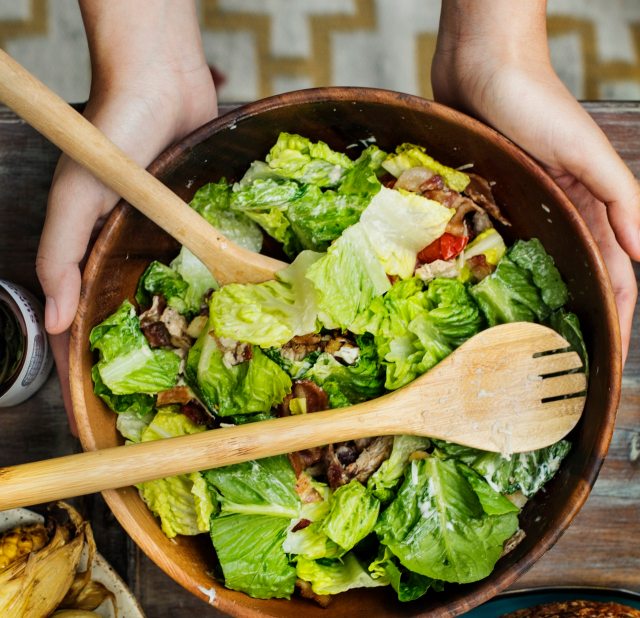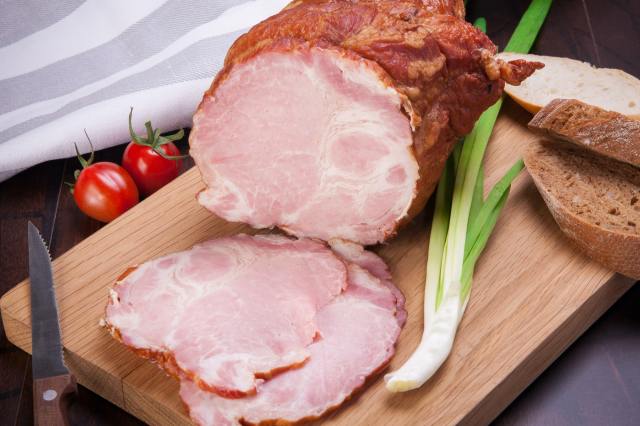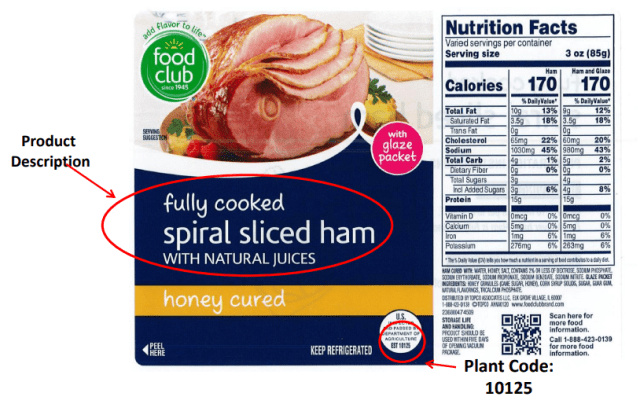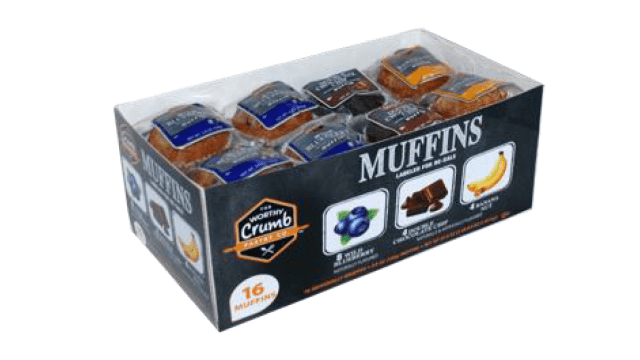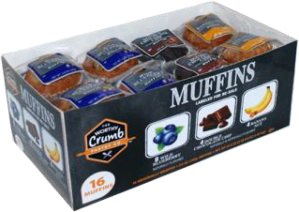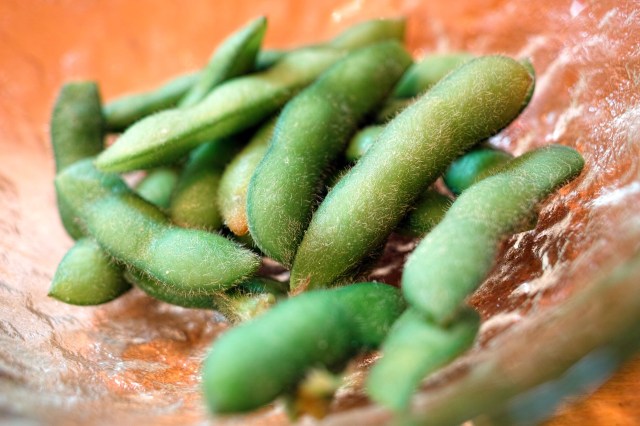We’re not saying it’s okay if your kids refuse to eat their salads, but if they had an aversion to iceberg lettuce processed at Dole Fresh Vegetables, Inc.’s Springfield, OH and Soledad, CA production facilities recently, it might not be the worst thing.
Dole Fresh Vegetables, Inc. is voluntarily recalling all Dole-branded and private label packaged salads processed at these two facilities due to a possible Listeria monocytogenes contamination. So what’s that? Listeria monocytogenes is an organism that can cause serious and sometimes fatal infections in young children, frail or elderly people and others with weakened immune systems. If you’re healthy and you get it, you’ll probably just have a few days of fever, headache, stiffness, nausea, cramping, and diarrhea (um, no thanks). But—and here’s the kicker—it’s been shown to cause miscarriages and stillbirths among pregnant women.

photo: Courtesy of FDA
You don’t have to toss out everything in your fridge or pantry by Dole (or the private labels also affected). Take a peek in your fridge and get rid of packaged salad mixes containing iceberg lettuce that has a product lot code beginning with the letter “W” or “B” and a “Best if Used By” date between December 22, 2021 and January 9, 2022. The product lot codes are located in the upper-right-hand corner of Dole’s packaging.
Currently, the private brands include HEB, Marketside, President’s Choice, Kroger and Little Salad Bar.
No illnesses have been reported with the products being recalled to date, and you can specifically check your products against recalled Dole products on the FDA’s website.
—Shelley Massey
Feature photo: Rawpixel via Pexels
RELATED STORIES
The Pork Recall Has Expanded: Here’s What Products Are Included
Recall Alert: Ground Beef Recalled Due to Potential E. Coli Contamination
Recall Alert: Honda Recalls Several Models Due to Child Seat Defects
